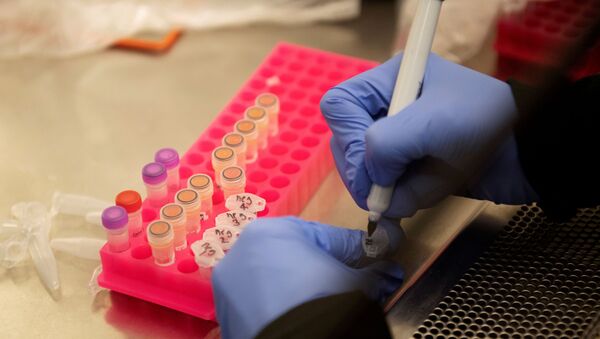“Study participants must have confirmed infection with SARS-CoV-2, the virus that causes COVID-19, and be experiencing fever, cough and/or shortness of breath”, the release said on Thursday. “Participants will be randomly assigned to receive short-term treatment with either hydroxychloroquine and azithromycin or matching placebos. People living with HIV and pregnant and breastfeeding women also are eligible to participate in the study". NIH noted in the release that the first participant enrolled on Thursday in the US state of California.
A phase 2 trial attempts to determine whether the drug works, as opposed to phase 1 to determine whether the drug is safe.
NIH National Institute Allergy and Infectious Diseases Director Anthony Fauci said in the release that repurposing existing drugs is an attractive option because these medications have undergone extensive testing, allowing them to move quickly into clinical trials and accelerating their potential approval for COVID-19 treatment.
“Although there is anecdotal evidence that hydroxychloroquine and azithromycin may benefit people with COVID-19, we need solid data from a large randomized, controlled clinical trial to determine whether this experimental treatment is safe and can improve clinical outcomes”, Fauci said.
US President Donald Trump has publicly touted hydroxychloroquine, a drug used to both prevent and treat malaria and autoimmune diseases such as lupus as a possible 'game-changer' in efforts to contain the disease.
Hydroxychloroquine has been praised as effective in treating COVID-19 when combined with zinc and azithromycin by some of the world’s leading epidemiologists like Dr. Didier Raoult in France.
As of 14 May, the total number of confirmed COVID-19 cases in the US stands at nearly 1,385,000 with almost 84,000 fatalities, according to the US Centres for Disease Control and Prevention.


